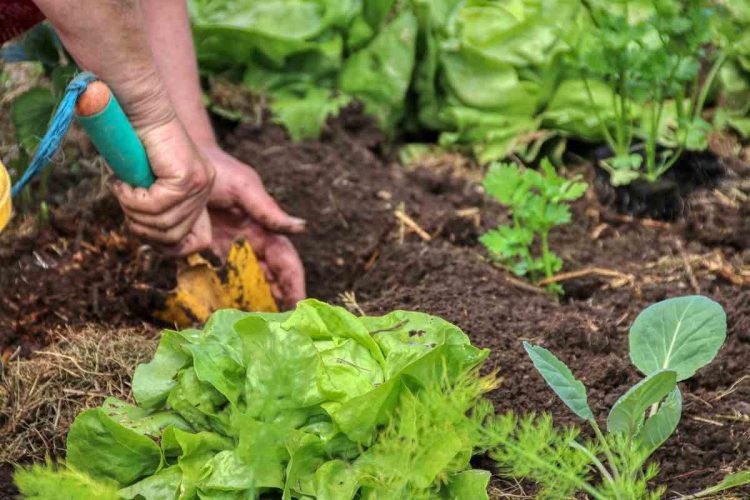The tool of gardening will easily lead to your own little fruit and vegetable market at home. Colder weather is approaching and we can now look to our gardens for essential herbs, all tasty but also great immune boosters.
Herbs you need to grow in your garden and its properties
Herbs are like mother nature’s gift to humanity, as they’re not only used for savoury purposes but also contain medicinal properties. Get to your gardening with this group of super-herbs you should be growing.
1. Eucalyptus
With its distinct menthol-like scent, this herb is a popular component in home remedies. Eucalyptus is commonly found in cough drops, throat lozenges, ointments, and chest rubs. The most convenient way to take advantage of it is making herbal tea from its fresh or dried leaves.
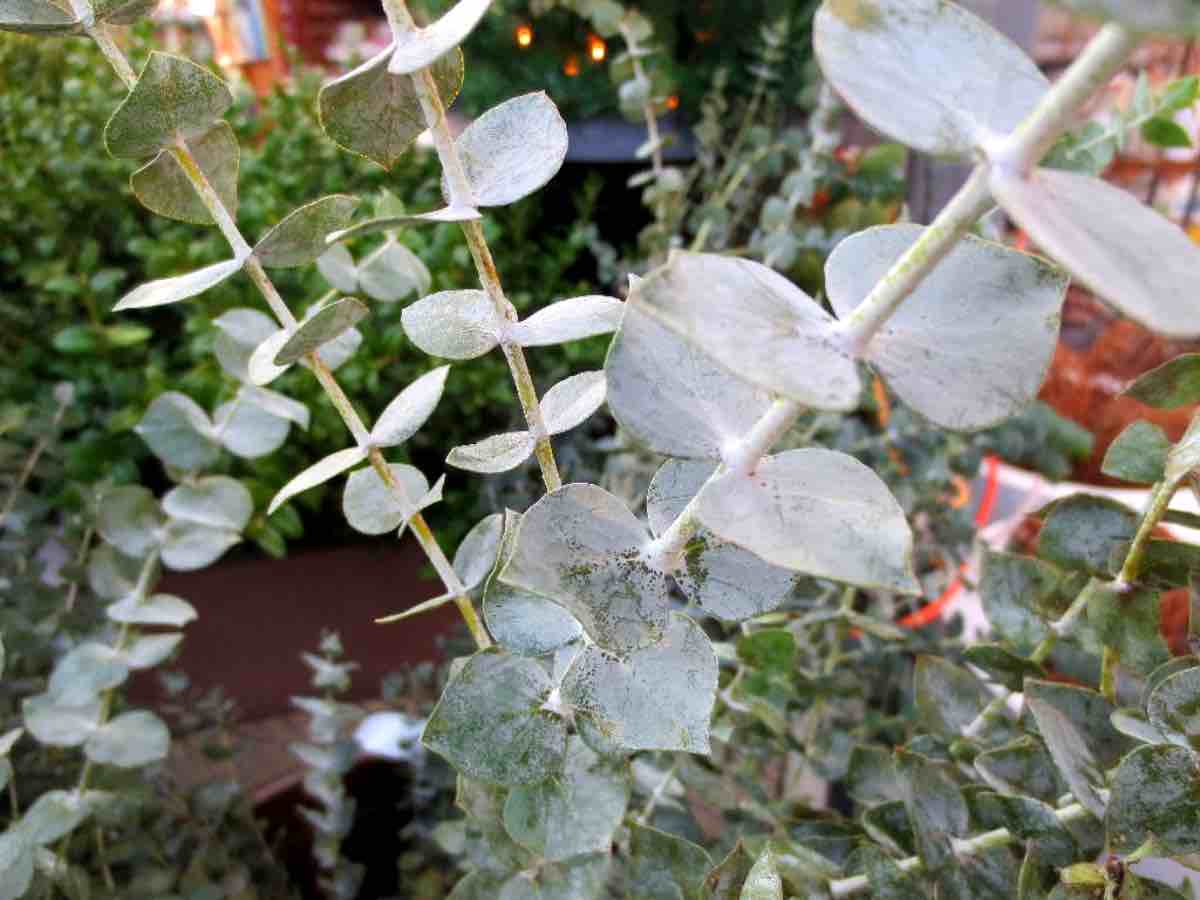
2. Mint
Mint is an easy herb to grow in many different varieties – some being spearmint, peppermint, apple mint/pineapple mint, and citrus mint. One of its health benefits is that it acts as an anti-inflammatory which helps with stomach ache but also reduces cell damage.
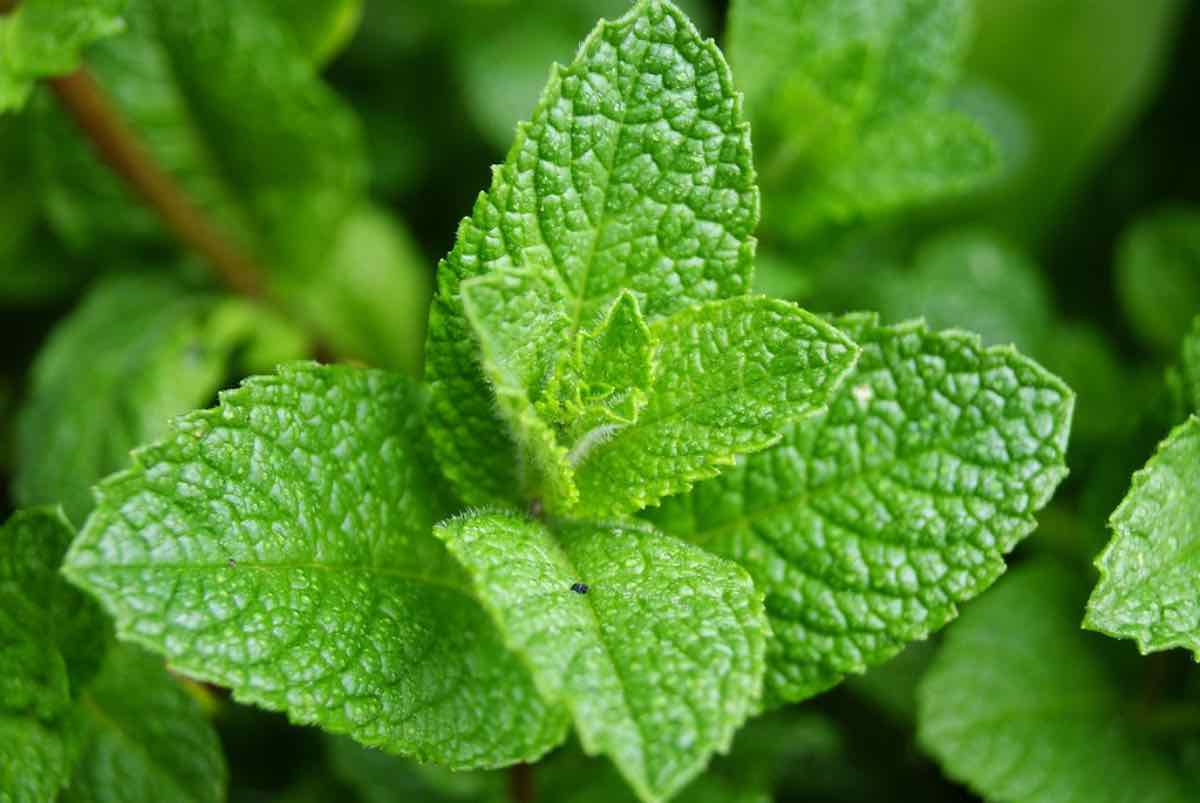
3. Sage
Scientifically known as Salvia officinalis belonging to the mint family, sage is a stable herb used in cuisines around the world. It packs a healthy dose of vitamins and minerals said to lower the chances of cancer and improves brain function.
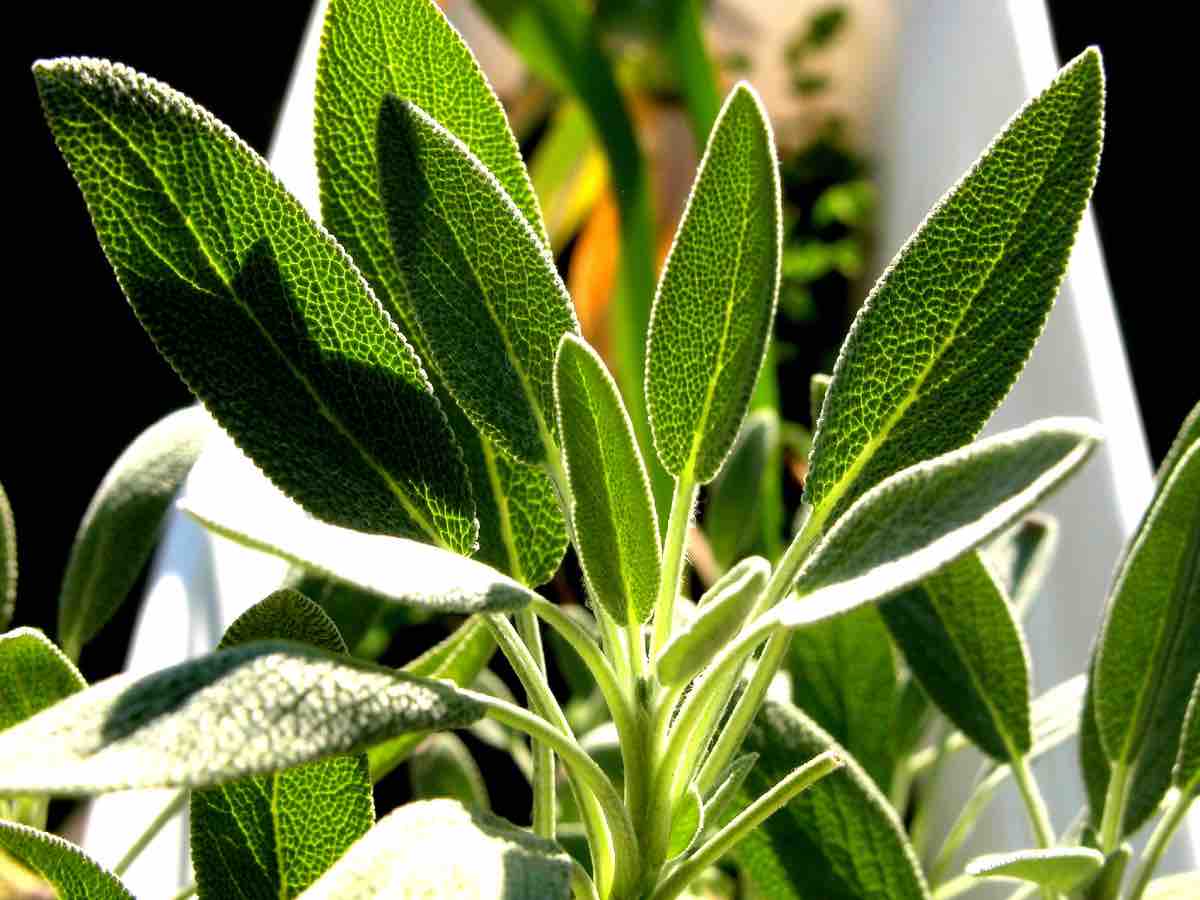
4. Rosemary
Rosemary has a warm, bitter taste and adds an aromatic flavour to foods. It’s also a good source of essential vitamins such as iron, calcium, and vitamins A, C, and B-6. The oil of the herb is popular in promoting hair growth and treats a dry scalp.
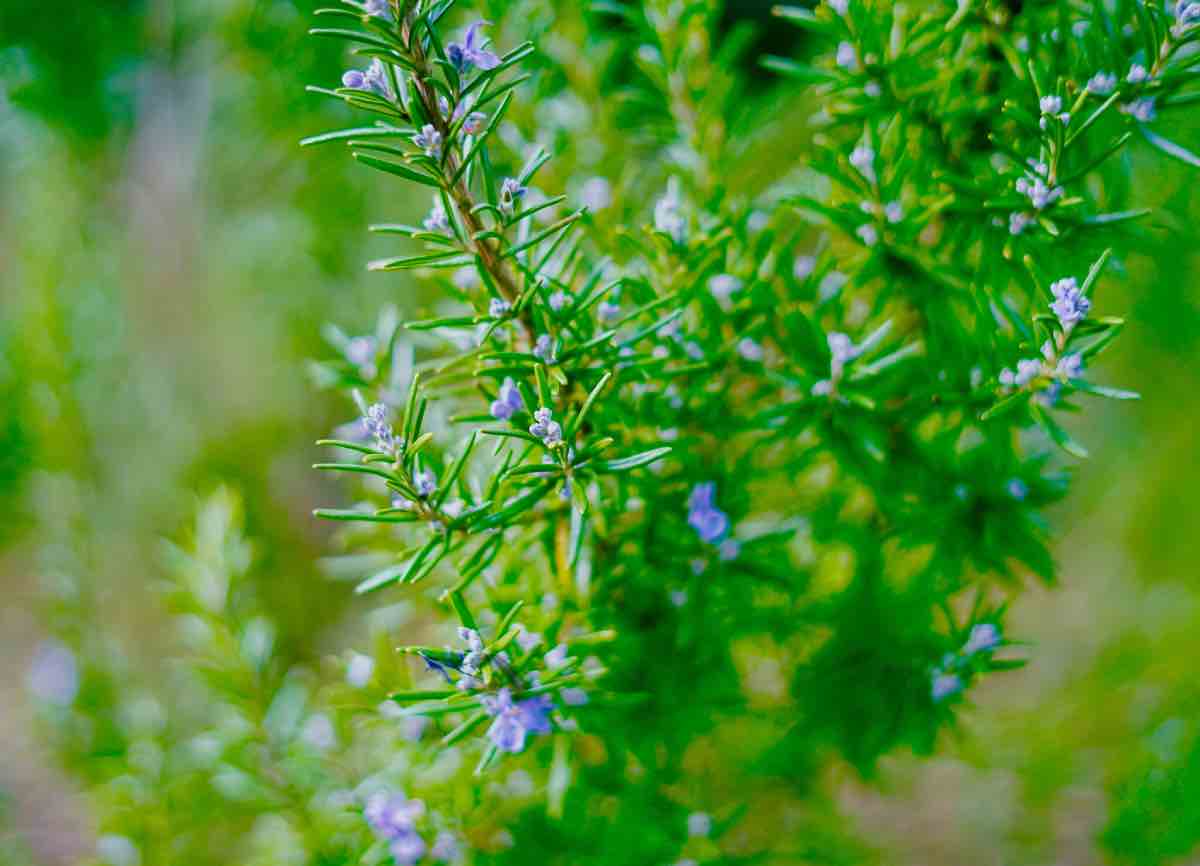
5. Ginger
This super-herb is mostly recognised with turmeric, ginger, honey, and lemon concoction – used to treat colds and flu. It can be grown directly in the ground or as a pot-plant. Ginger contains gingerol used to aid digestion, reduce nausea, and of course to beat off the winter flu.
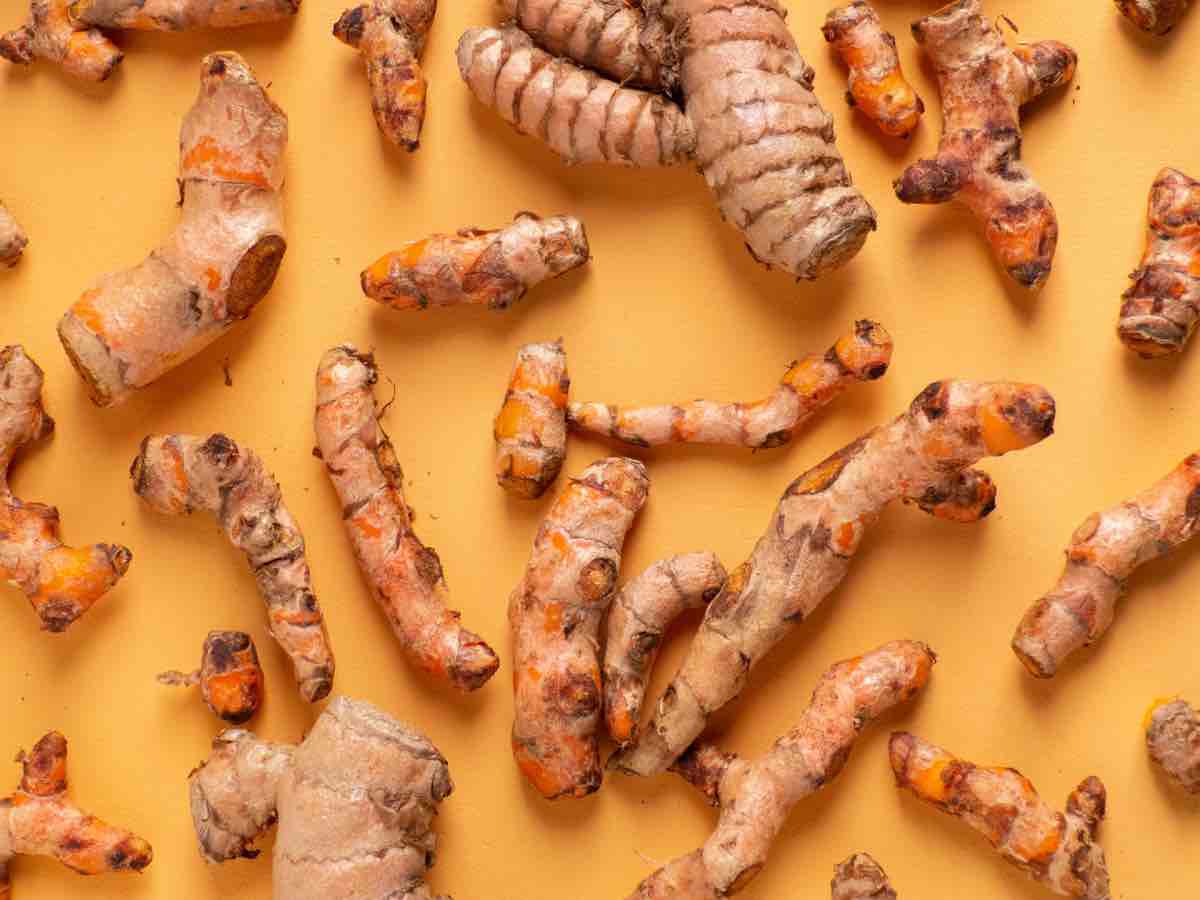
6. Lavender
While lavender is arguably not classified as a herb yet (while some argue it is) because of its woody bark, it is used in herbal preparations. For a cosy night’s rest slip some lavender leaves under your pillow as it improves sleep. Amongst its many healing properties it also beats fungal infections.
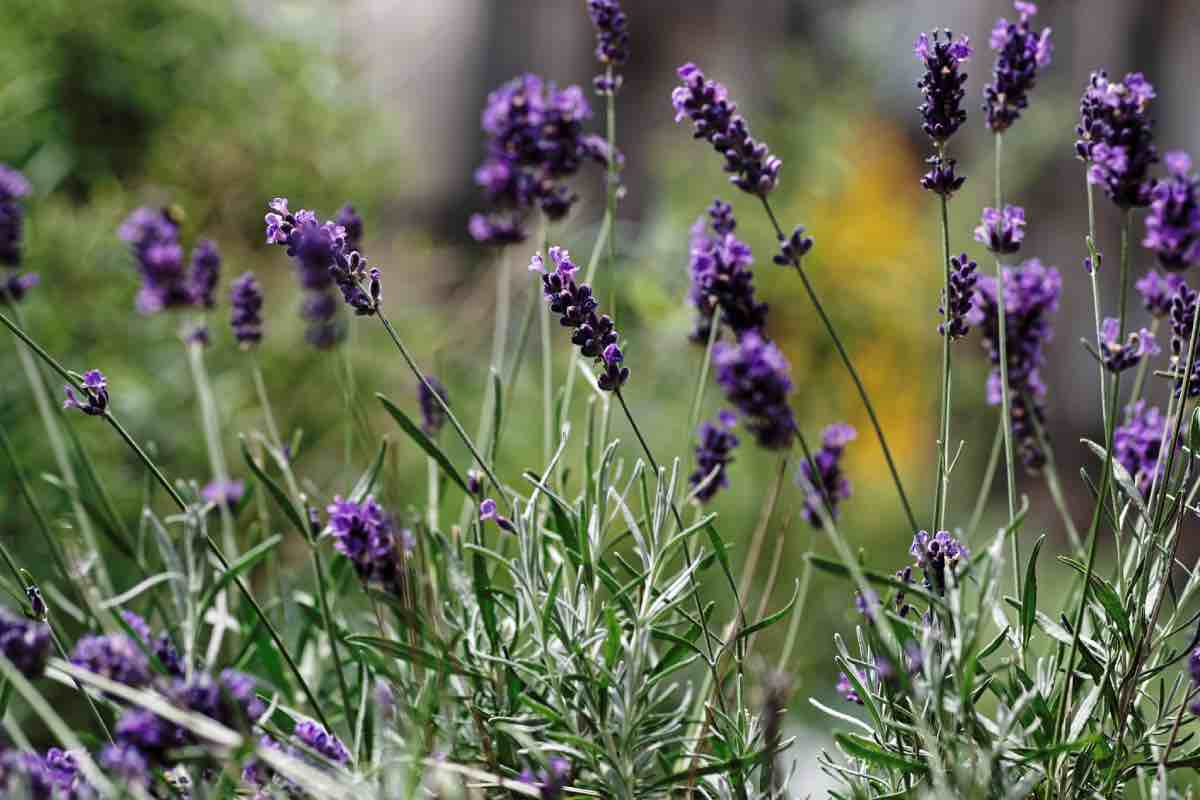
7. Thyme
Thyme is a good source of copper, iron and fibre, and manganese. Its range has over 400 species and it’s said that Ancient Egyptians used it in their embalming practices, while ancient Greeks used it as incense. The herb additionally lowers blood pressure, aids coughing, and acts as a disinfectant.
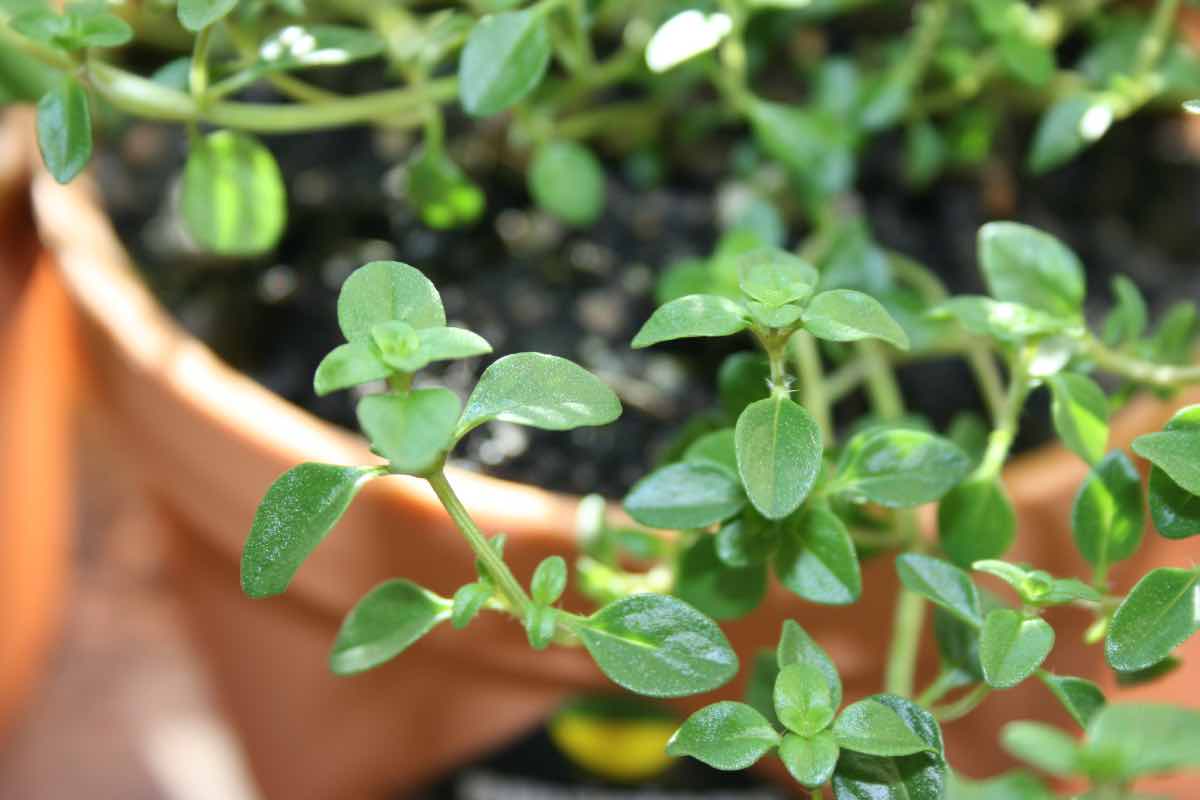
8. Oregano
Used in dishes because of its subtle sweetness and strong flavour, Oregano is a go-to and must-have. Carvacrol and thymol are two compounds in oregano that have been associated with antiviral properties, making it a good way to fight off stomach bacteria.
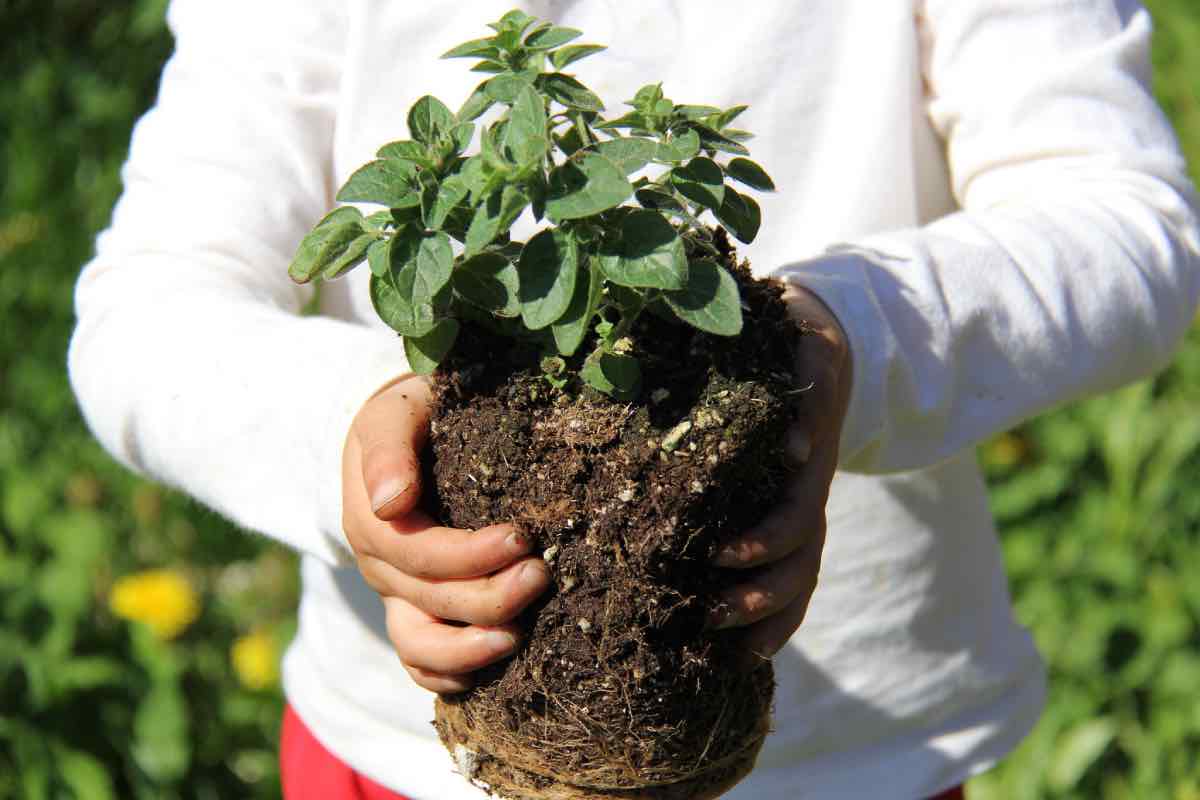
General gardening tips for growing herbs
- Use a good well-draining potting soil
- Make sure your herbs receive adequate sunlight and water
- Liquid fertiliser can be beneficial as a nutrient boost
- Use manure or compost to improve the soil
** All of these herbs are easy to start growing, however for extra care do some research on plant care for each herb.

